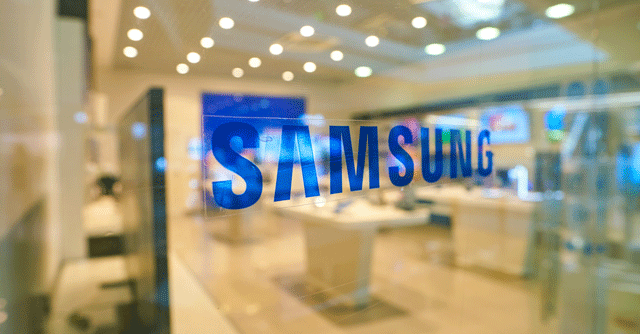
Samsung expects chip demand to fall due to inflation and a slump in demand for PC, mobiles


After struggling to cope with the surge in demand for chips to support remote work and cloud adoption after the pandemic, chip suppliers are now worried about a slump in demand. Samsung said that demand for chips from PC and smartphone OEMs will weaken further as people will cut spending due to inflation and economic uncertainty.
Demand from clients in the server business may also shrink due to inflation-led adjustments if a global recession occurs, Jin-man Han, executive vice president of Samsung chip business said in a call, according to a Reuters report.
Gartner’s preliminary findings, published this month, show that global PC shipment saw its sharpest decline in 9 years in the second quarter of 2022.

Having said that, Samsung is expecting the fundamental demand for chips in the server industry to remain solid on the back of investments in core infrastructure and emerging tech such as AI and 5G, which is expected to grow.
Samsung posted consolidated revenue of KRW 77.2 trillion ($59.4 billion) in the second quarter, along with an operating profit of KRW 14.1 trillion ($10.8 billion), which was 12% more than last year. Samsung’s DS division, which includes its memory, display, foundry, and semiconductor business, posted KRW 28.5 trillion ($21.9 billion) in consolidated revenue and KRW 9.98 trillion ($7.7 billion) in operating profit.
Despite the profits, demand for chips for consumer products, especially smartphones and PCs, remained weak. Earnings in the Visual Display Business declined due to weak global TV demand. In May, Samsung said that it was shutting down its liquid-crystal display (LCD) business in June due to falling prices of LCD panels and growing competition from rivals in China and Taiwan.

Further, Samsung said that it will “closely monitor” the demand impact from various factors, such as new smartphone launches, and focus on “high-value-added” and “high-density product” portfolio management.
The company is planning to expand the SoC business, while the foundry business will look to expand by adding new global clients.
